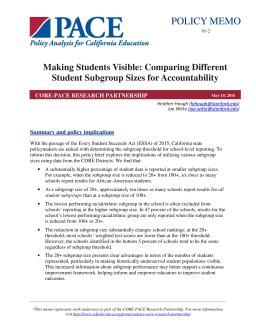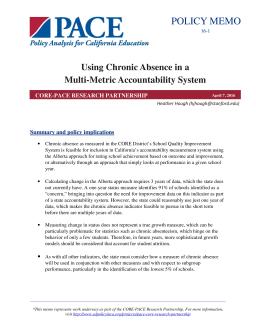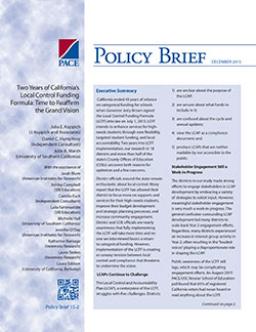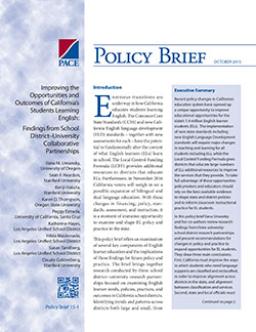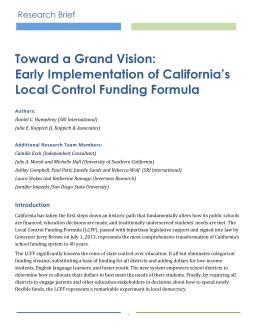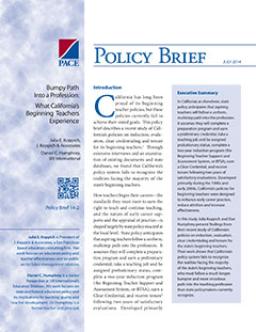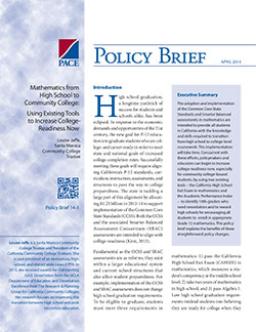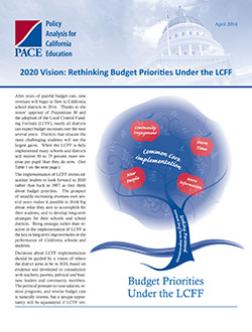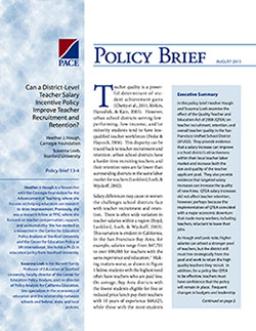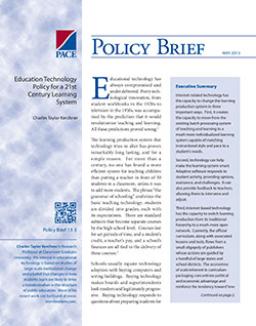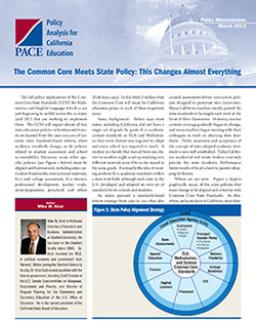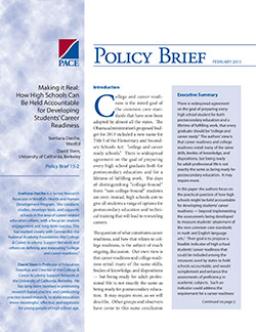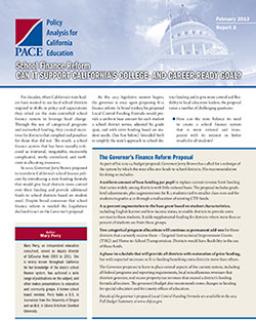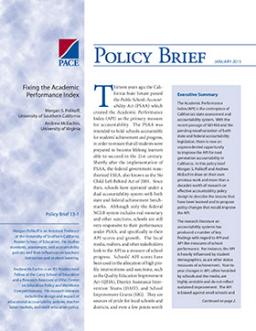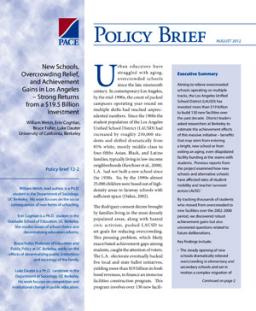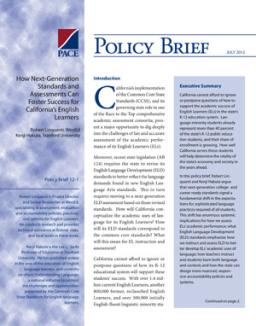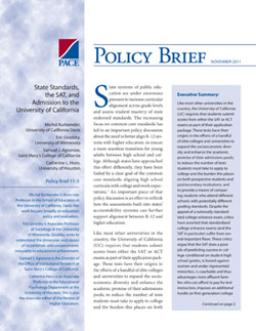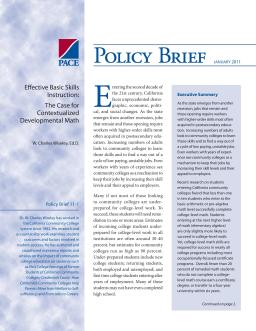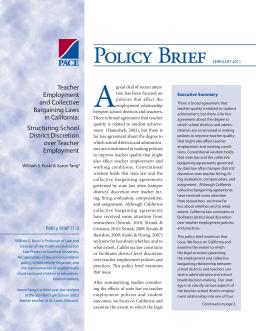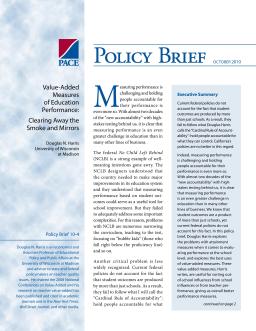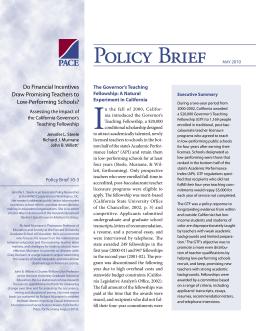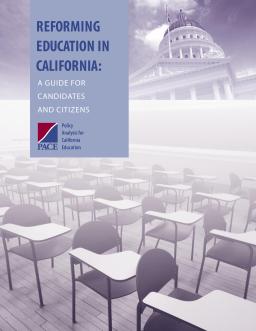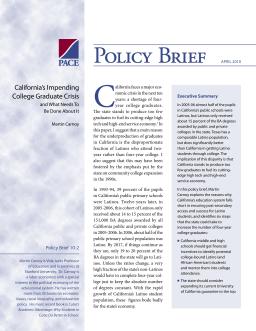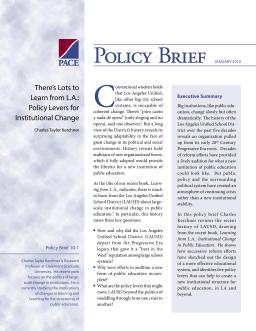Summary
This policy brief analyzes the implications of using various subgroup sizes for school-level reporting under the ESSA. Data from the CORE Districts shows that a subgroup size of 20+ offers clear advantages in representing historically underserved student populations. The authors also produced a supplementary report comparing subgroup sizes of 20+ and 30+ in response to new ESSA regulations.
Summary
Summary
The Local Control Funding Formula (LCFF) replaced categorical funding for schools in California in 2013, providing flexibility, targeted student funding, and local accountability. Two years in, research shows optimism and concern. The Local Control and Accountability Plan (LCAP) faces challenges, stakeholders need more engagement, and implementation requires capacity and overcoming the emerging teacher shortage. Public awareness of LCFF lags at 65%.
Summary
Summary
Summary
Summary
Summary
Summary
Summary
Summary
Internet technology can transform the education system in three ways: individualizing learning, making it smart with adaptive software, and creating an open network for learning production. California can lead the way by adopting policies to leverage digital technologies and online resources for Learning 2.0. This would improve the performance of schools and students, and create opportunities for teachers, small enterprises, and individuals to contribute to the production of learning.
Summary
Common Core State Standards (CCSS) will impact many state education policies in fundamental ways. Before 1990, most states did not have uniform K-12 academic standards, and each state developed its own. To align policies with CCSS, CA must eliminate contradictions, look for gaps where no policy exists, and ensure sufficient breadth and depth of newly aligned policies. Common Core will transform instruction by focusing on fewer, higher, and deeper standards. However, current state assessment and accountability systems in CA are not aligned with the CCSS's specific instructional approach.
